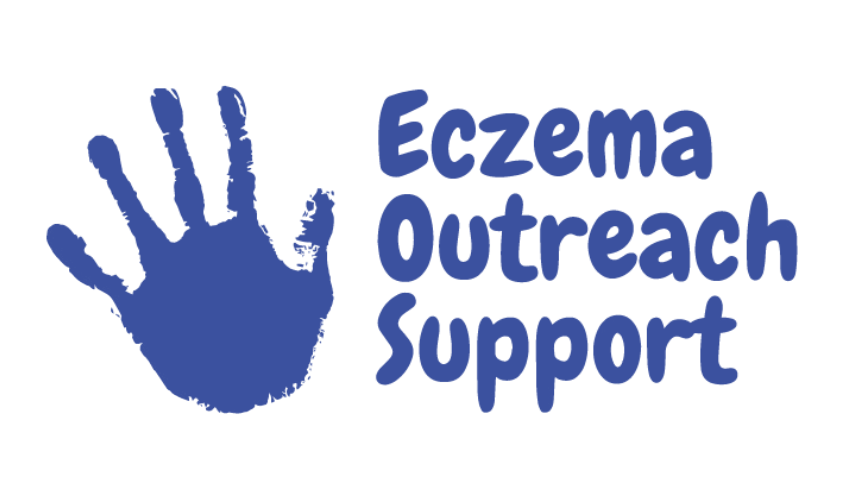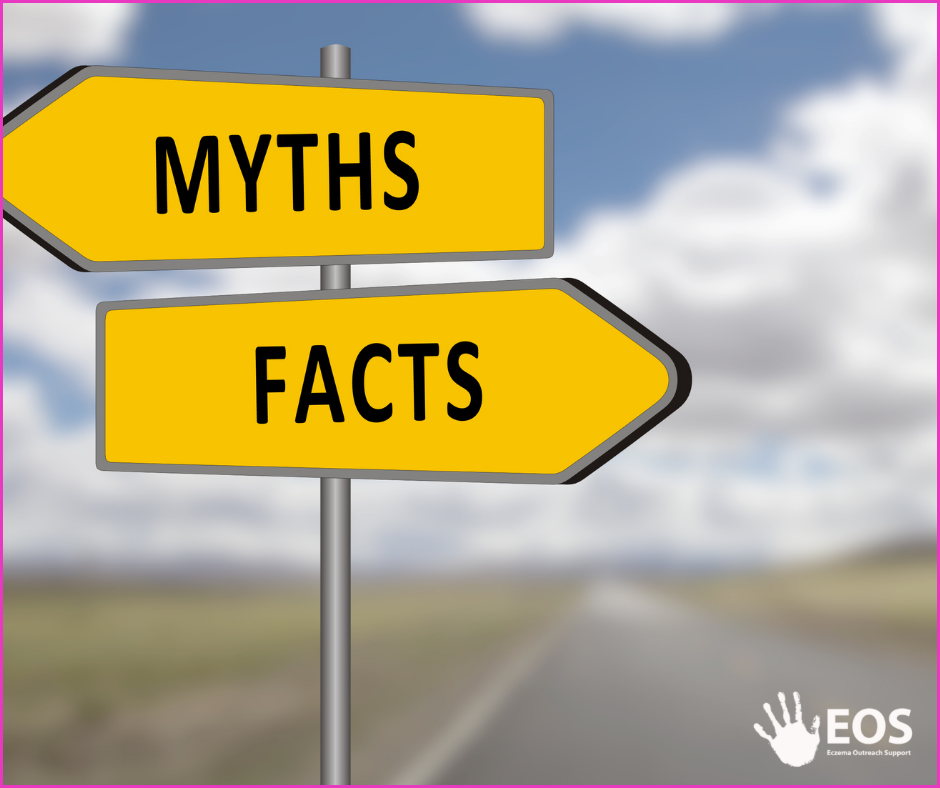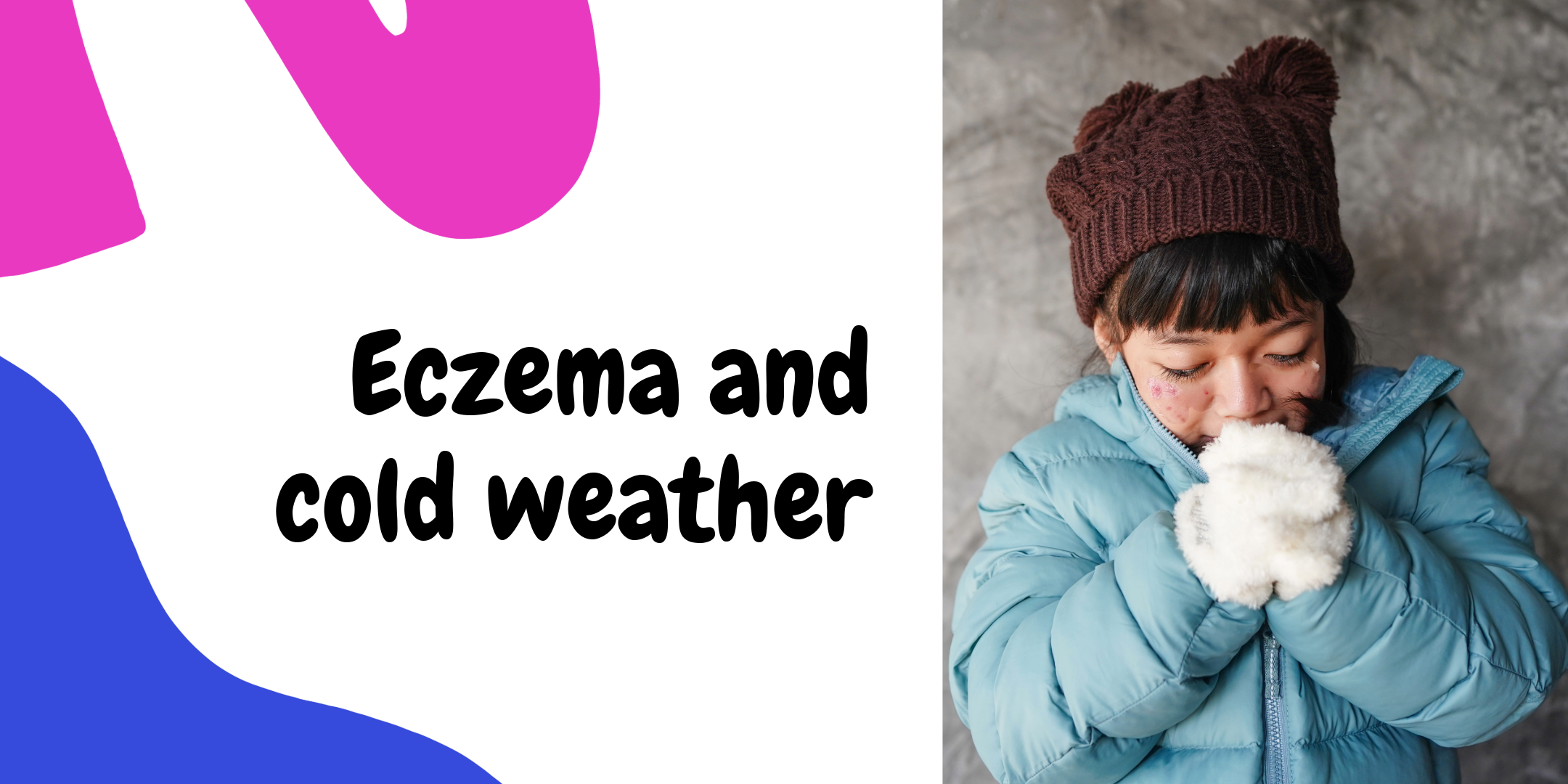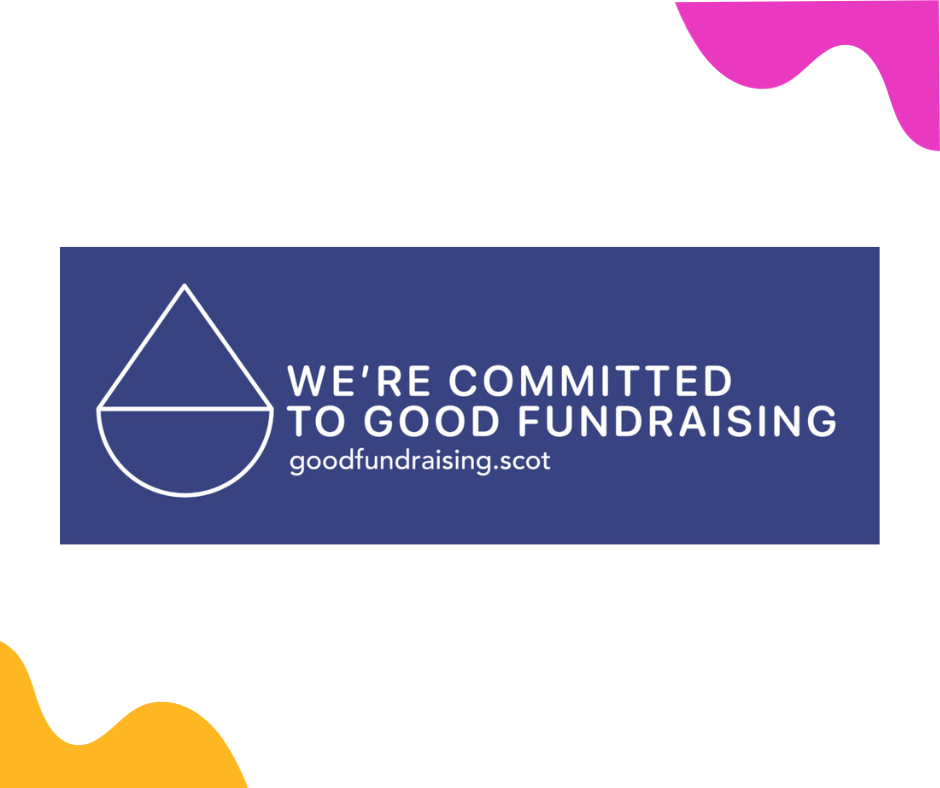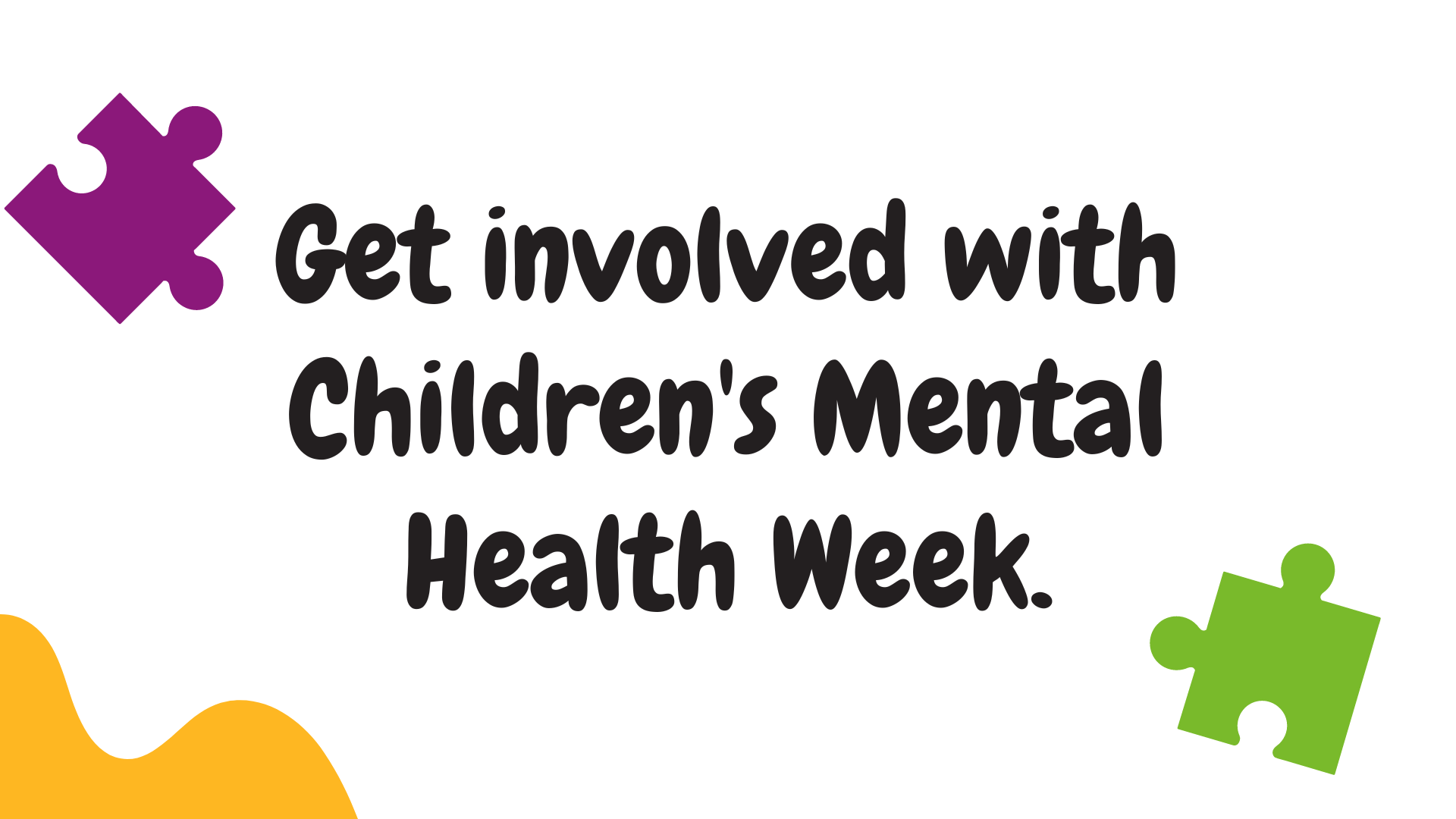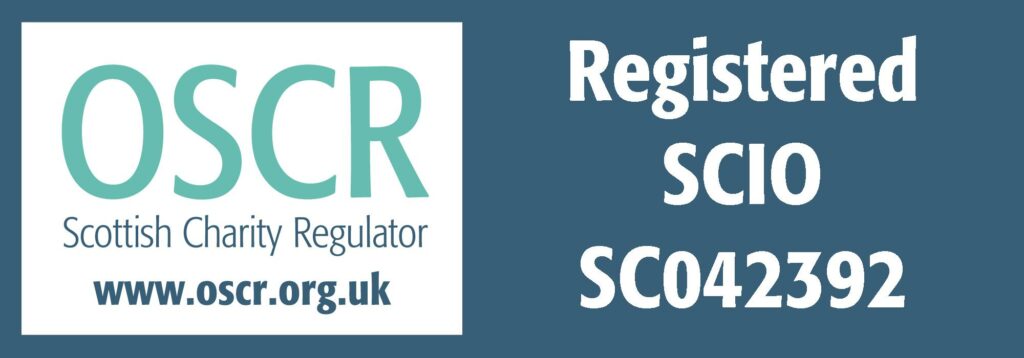Eczema can be a life long skin condition that affects one in five children in the UK – but while many people have experience of eczema, there is lots of misinformation out there.
Eczema can be mild, with the person experiencing slight irritation occasionally to suffering from severe eczema that impacts every moment of their day. Everyone’s experience and knowledge of eczema is different but there are some myths out there that come up time and time again.
Join the EOS team as we bust some of the most common myths that you have probably heard before.
Eczema is contagious
Eczema is not contagious in any way at all. Eczema is caused by a combination of genetic and environmental factors and you cannot catch it from touching skin with the condition.
Eczema is just a skin problem
Eczema is a skin problem, but it can also have a huge impact on other areas of a person’s life. The condition can cause itchy, sore skin but can also affect sleep, concentration, confidence and relationships. Extended family can also feel the effects and carers of a child with eczema may feel anxious about potential causes of flares, struggle with lack of sleep as well as increased worry from having a child with a chronic health condition.
Eczema runs in the family
While eczema can run in families, often some family members will have it and others won’t. There are also lots of people with eczema that have no other family members with it. If you have one child with eczema, it doesn’t mean every child will have the condition.
You should not go swimming if you have eczema
Learning to swim is an important life skill that everyone should learn and it is great fun – whether that be on the beach on a summers day or in an indoor pool. Chlorine can irritate the skin if you have eczema, but that doesn’t mean you can’t go swimming, it just means there may be some extra steps you need to take to help look after your skin. There may however be times where you do need to avoid swimming as it is not advisable to go swimming if your eczema is infected or weeping due to further risk of infection For swimming with eczema advice, check out our blog here.
Steroids shouldn’t be used on babies or children
Steroids are a treatment applied directly to the skin to reduce inflammation and irritation and if used appropriately as prescribed by your health care professional are safe and effective treatment to use on babies and children with eczema. For more information on steroids please read this information from British Association of Dermatologists here or check out this video from BAD below.
Have you heard these myths before? Or are there any you hear a lot that you would like busted by the EOS team? Email info@eos.org.uk and we will try to help.
